Behavioral Interview Questions—Tell Me About Yourself
Before we get started with this section, let’s talk a little about how to answer questions. Yes, (said with a sigh) there is a method to everything, especially when dealing with behavioral interviewing questions, and especially when dealing with the seemingly innocent “tell me about yourself” question.
Most companies that embrace a behavioral interviewing technique look for answers framed a certain way. Some of the common ones are the EAR and STAR techniques. EAR stands for Event, Action, Result. And STAR stands for Situation, Task, Action, Result.
There are other methods, but they all follow the same basic principle: When answering a question, you describe the event, tell the interviewer the action you took, and then describe the result. It’s not much different than standard storytelling techniques writers have used for hundreds of years. If it’s a mystery novel, someone is killed (event), the detective investigates (action), and then the killer is caught (result).
Forget about any other technique (unless you’re already familiar with it) and practice the EAR method. It’s the simplest, and it works.
Okay, now let’s move ahead with the questions.
Earlier I said no one could tell you every questions they may ask in an interview; however, I can give you a good idea of a few questions you’ll likely face in almost any interview, and one of the most common is…
Tell Me About Yourself
This is an almost universal question, but the problem is that you never know why they’re asking it or what they expect to hear. Many people think the interviewer just wants to hear your answer. Unfortunately, a lot of times this question is asked because of other reasons. Let’s look at a few possibilities:
- The interviewer hasn’t reviewed your resume in detail.
- They read it three weeks ago and haven’t looked at it since.
- They read it this morning and glanced over it while drinking their coffee or tea and need to be brought up to speed.
- On the other hand, the interviewer may be intimately familiar with your resume, and they’re waiting for you to say something inconsistent.
For all of these reasons, “Tell me about yourself,” is an important question. Don’t blow it off.
What Do You Say?
This is an opportunity to shine, a chance to rise above the competition. Many candidates use this time to talk about personal things—likes and dislikes, hobbies, children or pets, church activities, sports. Others talk about their education and extracurricular activities. Still others use the time to rehash their resume. Don’t do any of that.
This is what you don’t talk about.
As with your resume, this is not the time for personal issues or hobbies, and there is never a time to bring religion into a discussion. Your education and extracurricular activities should be discussed only if they have direct bearing on the position. No need to recite statistics or anything from your resume. They have that in front of them, and they should have reviewed it.
Use this time to sell the things not on your resume but that have relevance to the position. Let’s assume you’re interviewing for a position in project management. Here’s a possible answer:
“All my life, I’ve been told I’m a people person, which was great, but I never knew what to do with it. When I joined XYZ Co., I started out in customer service. I liked what I did, and I was good at it, but I got a chance to show my people and organizational skills when I volunteered to head up a fund-raising program for diabetes, and another chance when I organized a walkathon for heart disease. One of the vice presidents was on the committee and was impressed with how smoothly the event ran. Afterwards, she asked if I’d ever considered a position in project management.
“Three months later, I moved to project management and have loved it ever since. In fact, I’d probably still be with them if they hadn’t moved operations to New York.”
I cited a short response for an example. In an actual interview, you’d expand on the answer. It’s normal, and expected, for a candidate to take at least a minute or two to answer this type of question. Before you respond, remember to pause, take time to grasp the question and what they expect as an answer, and only then formulate your response. Most importantly, keep your answer concise and relevant to the position.
Bottom Line
Remember, when an interviewer says, “Tell me about yourself,” what they really want is for you to give them a reason why they should consider you for this position.
If you enjoyed this post, please share.
Jim (Giacomo) Giammatteo is a headhunter who writes resumes and cover letters. He is the author of No Mistakes Resumes, and No Mistakes Interviews. He also writes gritty crime dramas about murder, mystery, and family.
He lives in Texas where he and his wife have an animal sanctuary with 45 loving “friends.”



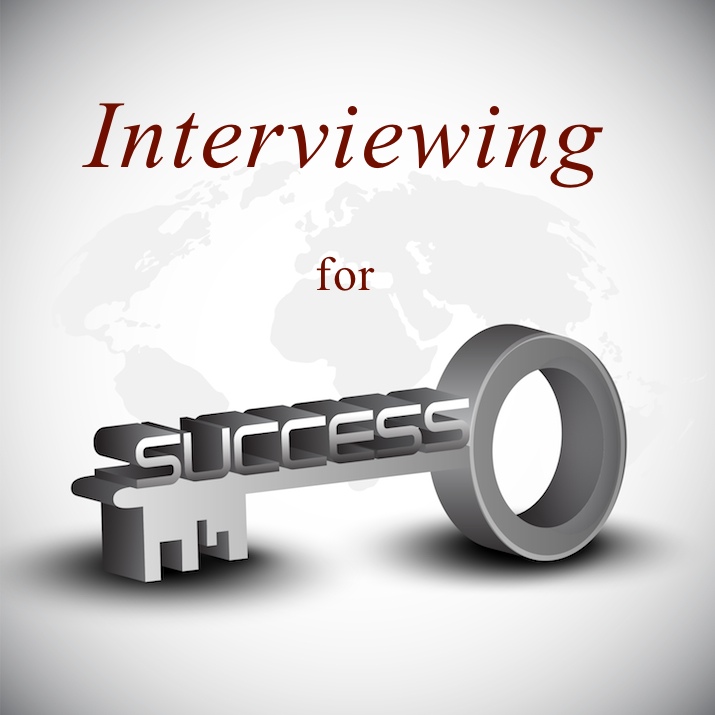

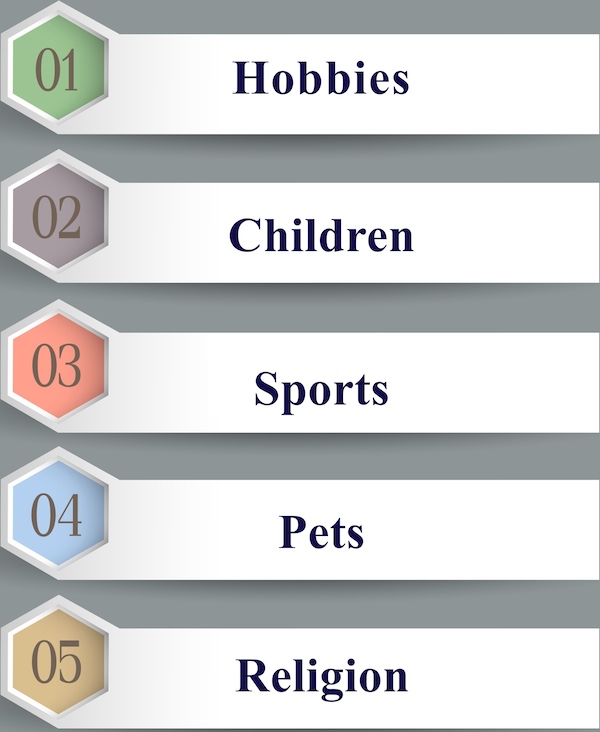









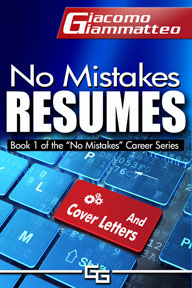



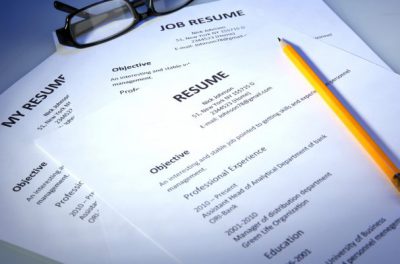



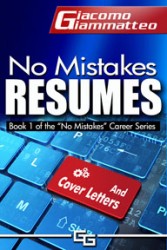

Connect
Connect with us on the following social media platforms.